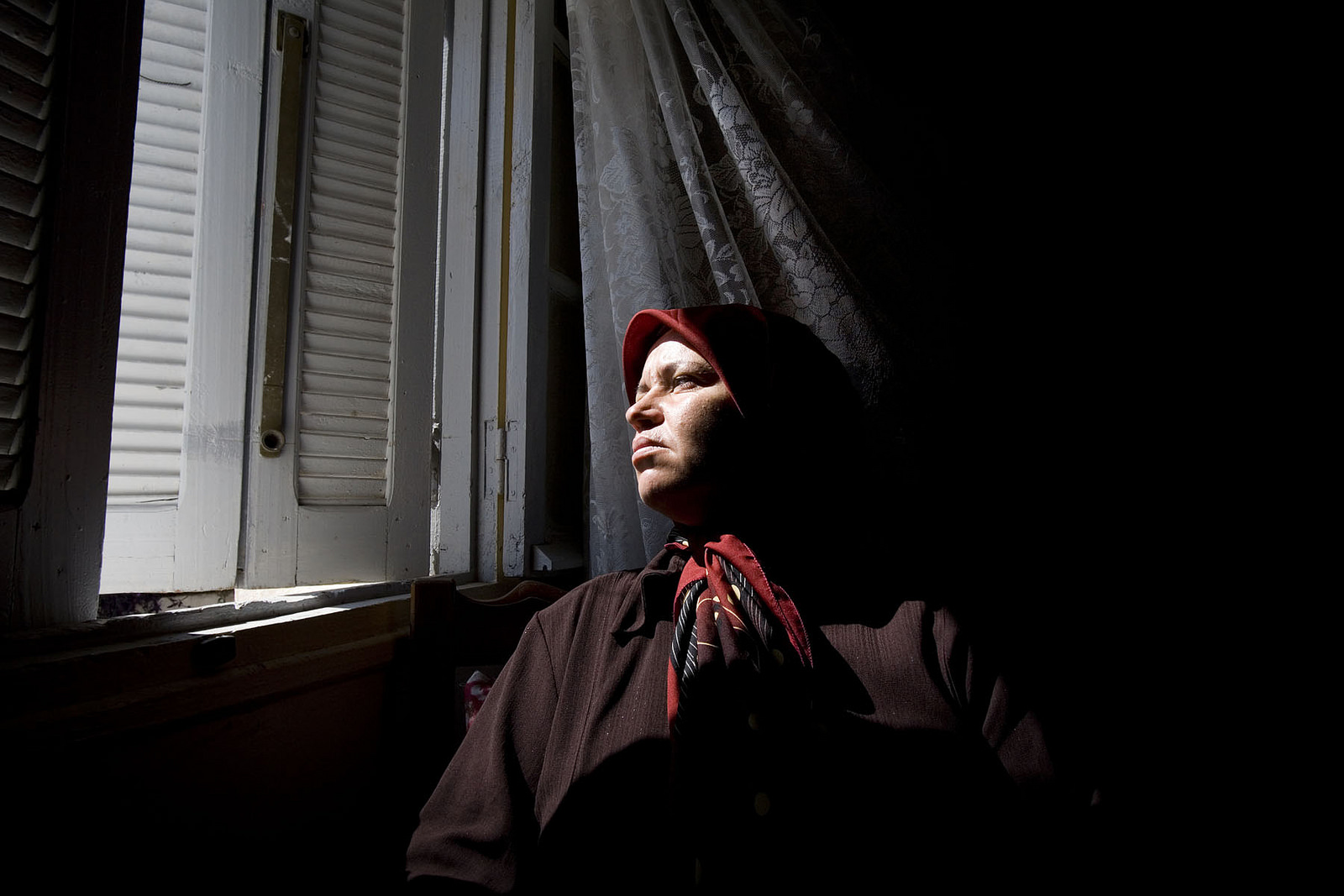A powerful Pakistani religious body that advises the government on the compatibility of laws with Islam on Thursday declared a new law that criminalizes violence against women to be “un-Islamic.”
The Women’s Protection Act, passed by Pakistan’s largest province of Punjab last week, gives unprecedented legal protection to women from domestic, psychological and sexual violence. It also calls for the creation of a toll-free abuse reporting hot line and the establishment of women’s shelters.
But since its passage in the Punjab assembly, many conservative clerics and religious leaders have denounced the new law as being in conflict with the Muslim holy book, the Koran, as well as Pakistan’s constitution.
The 54-year-old council is known for its controversial decisions. In the past it has ruled that DNA cannot be used as primary evidence in rape cases, and it supported a law that requires women alleging rape to get four male witnesses to testify in court before a case is heard.
The council’s decision this January to block a bill to impose harsher penalties for marrying off girls as young as eight or nine has angered human rights activists.



